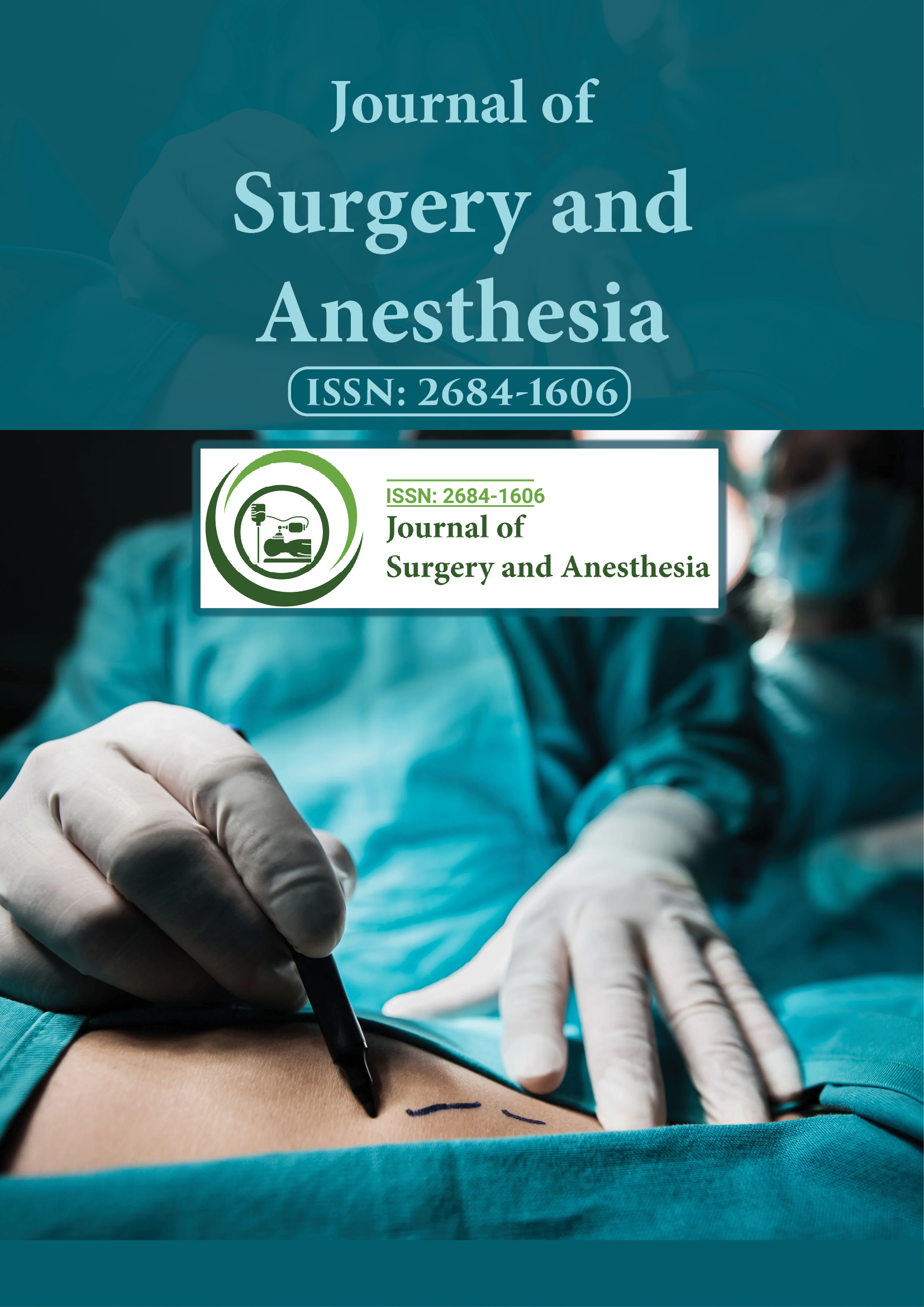Indexed In
- Google Scholar
Useful Links
Share This Page
Journal Flyer

Open Access Journals
- Agri and Aquaculture
- Biochemistry
- Bioinformatics & Systems Biology
- Business & Management
- Chemistry
- Clinical Sciences
- Engineering
- Food & Nutrition
- General Science
- Genetics & Molecular Biology
- Immunology & Microbiology
- Medical Sciences
- Neuroscience & Psychology
- Nursing & Health Care
- Pharmaceutical Sciences
Abstract
Multidisciplinary Team Approach for the Management of Severe Deeply Infiltrating Endometriosis
Ali Zawwar, Sadaf Zehra, Aoife Oâ Neill, Paul C Neary and Syed Zulfiqar Shah
Introduction: Colorectal endometriosis results in alterations of bowel habit and rectal bleeding (rarely). Evaluation of the disease process and subsequent surgical planning is via a multidisciplinary team approach.
Aim: The aim of our study is to analyze the gynecological endometriosis work load to assess colorectal involvement acquired.
Methods: This was a retrospective observational study. Data was collected from theatre records, MDT outcomes, clinical records, HIPE system and postoperative pathological findings. Inclusion criteria were those with documented clinical and imaging diagnosis of deep pelvic endometriosis. Patients diagnosed with endometriosis who underwent surgical management were reviewed. We analyzed the colorectal work load required in surgical approach in deeply penetrating endometriosis.
Results: Total of 28 women (mean age 39, range 26-56), over 3 years period (Jan 2014- Jan with diagnosis of Stage IV endometriosis who had undergone surgical intervention were included in our analysis. A clear majority have complained of pelvic pain (on defecationespecially perimenstrually). Operations included were anterior resection (6), sigmoid colectomy (1), rectovaginal fistula repair (1), appendectomy (1), adhesiolysis (3), and hysterectomy with or without bilateral salphingo-oophorectomy (16). About 42% of the cases had colorectal surgeon’s involvement, adhesiolysis or complicated procedure such as anterior resection.
Conclusion: Colorectal input is required in significant volume in gynecological endometriosis cases. Studies have shown the surgical treatment of DIE is complex and subject to complications. The surgical expertise of a multidisciplinary team plays a vital role in this setting. For patient safety and medico legal cases it is important to have MDT approach.
